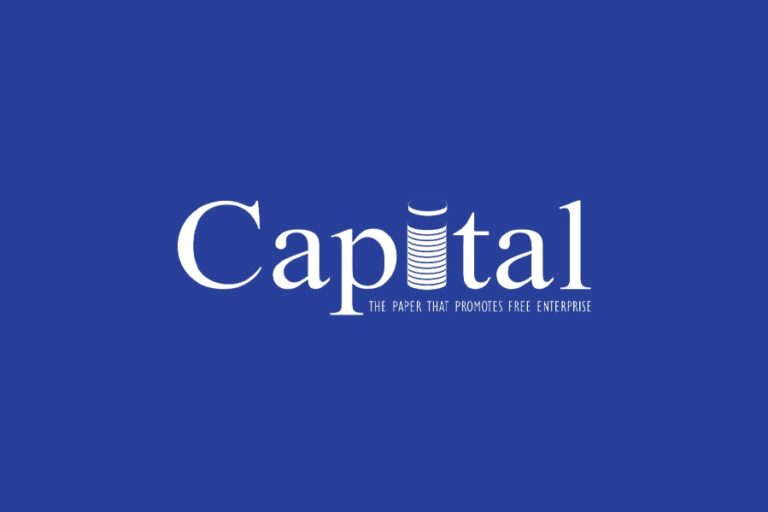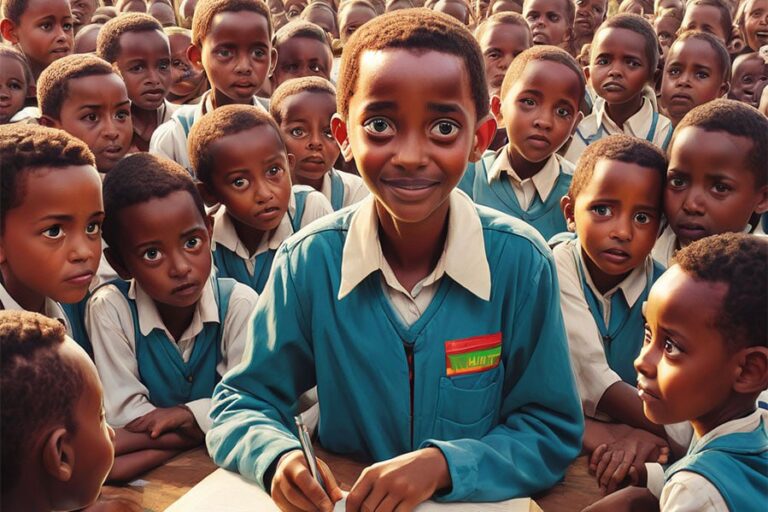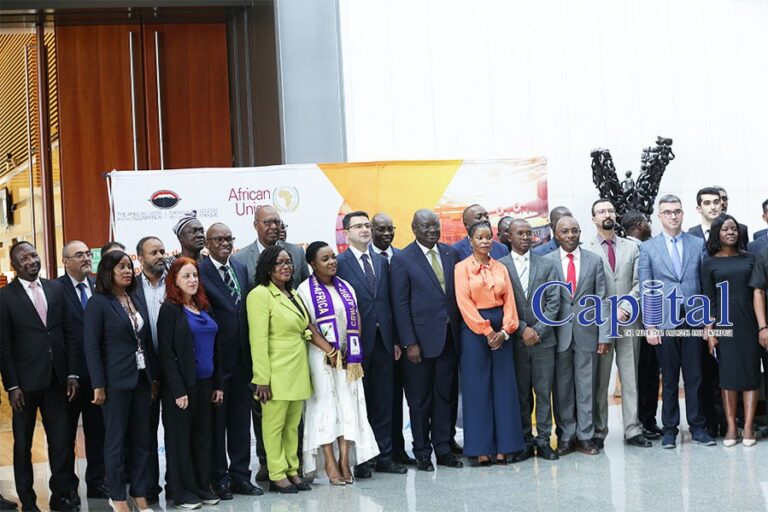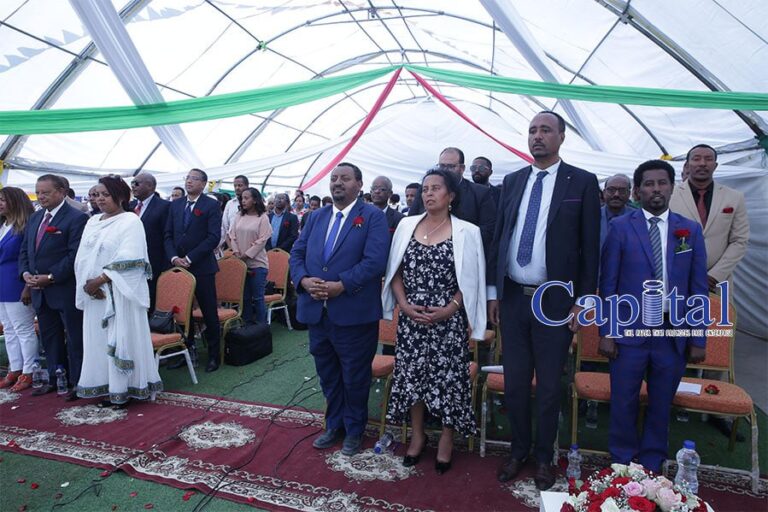Alazar Kebede
Despite its recent origins, liberalism has an articulated history testifying of its key role in modern Western society. The two great revolutions, in America in 1776 and France in 1789 refined some of the key ideas behind liberalism: democracy, equal rights, human rights, the separation between State and religion and freedom of religion, and the focus on the individual well-being.
Nineteenth century was a period of intense refinement of the values of liberalism, which had to face the novel economic and social conditions posed by incipient industrial revolution. Not only authors such as John Stuart Mill gave a fundamental contribution to liberalism, bringing to the philosophical attention topics such as freedom of speech, the liberties of women and of slaves; but also the birth of the socialist and communist doctrines, among others under the influence of Karl Marx and the French utopists, forced liberalists to refine their views and bond into more cohesive political groups.
In the twentieth century, liberalism was restated to adjust to the changing economic situation by authors such as Ludwig von Mises and John Maynard Keynes. The politics and lifestyle diffused by the Unites States throughout the world, then, gave a key impulse to the success of liberal lifestyle, at least in practice if not in principle. In more recent decades, liberalism has been used also to address the pressing issues of the crisis of capitalism and the globalized society. As the twenty-first century enters into its central phase, liberalism is still a driving doctrine that inspires political leaders and individual citizens.
No matter where we live, all societies carry baggage and a considerable amount of it. But, in a nutshell, what distinguishes successful societies from those that are not is that dynamic societies are the ones that know what to abandon and when. China, for example, is essentially a Confucianist culture. Confucianism is an ideological system that places education at a very high level of priority. But it is also a system which strongly discriminates against women.
Contemporary Chinese societies have continued to carry the emphasis on education. But they have smartly discarded the traditional discrimination against women baggage. Rest assured, as Jean-Pierre Lehmann, an emeritus professor of international political economy in Switzerland argued, if China were still binding its women’s feet, there would be no spectacular economic growth in China, Hong Kong or Taiwan. According to him, the fact that China no longer binds women’s feet may make the Chinese feel less “Chinese”. But it lets China move ahead economically, politically and socially.
The following are the most crucial questions at this point. What has allowed the Chinese to make these choices? What allows similar changes to occur in other regions and cultures? Ultimately, what has transformed cultural legacies into dynamic engines of growth, welfare and prosperity in both the material and spiritual domains has been the liberating force of liberalism.
Jean-Pierre Lehmann stated that Confucianist scholars such as Kang Youwei and Liang Qichao, the Hindu scholar Ram Mohun Roy and the numerous Christian liberals and humanists are all from different cultures. But also all share a common goal of sorting out their respective ideological baggage to see what works and what doesn’t.
Jean-Pierre Lehmann further noted that the potential for change is evident even in cultures which are today widely seen as almost a lost cause. Consider the Arab/Muslim world. Perhaps surprisingly to outsiders, a liberal tradition, a tradition of sorting through the cultural baggage, does exist in Arabic and Islamic thought. The Tunisian scholar, the late Albert Hourani, demonstrated this vividly in his magnificent book, “Arabic Thought” in the Liberal Age of 1968.
Albert Hourani described how, in the late 19th and early 20th centuries, thinkers and writers such as Jamal al-Din al-Afghani developed a powerful stream of Muslim thought along lines comparable to the evolution of secular and liberal thought in Europe. And, surprising as that may sound, Al-Afghani’s agenda of reform and liberalism did not prevent him from being a fervent nationalist and anti-imperialist.
Ultimately, however, as Hourani’s book shows, liberalism came to be aborted in most of the Middle East. How so? Well, opponents of liberalism in the Islamic world opted for an easy, but effective, move. They equated liberalism with “Westernism”. And that allowed them to dictate that all that old baggage whether effective or not be retained. Had the equivalent happened in China, the Chinese would still be binding women’s feet.
Jean-Pierre Lehmann argued that in fact, we would all do well to remember that the West’s ideological origins are not at all liberal even though it is correct that liberalism has emanated primarily from the West. After all, dogmatic literal interpretations of the Bible allowed the Florentine government to place Galileo under house arrest just for saying that the earth turned around the sun. Even today, fundamentalist Christians in the United States appear not prepared to give up the fight when they seek to ban the teaching of Darwinism in schools, for example.
Now it is realised that intellectual curiosity and cultural openness are not permanent features of any society. Take Japan as an example. In the 1960s, Japan was a hothouse of cultural curiosity, openness, import and experimentation. For whatever reason, in the course of the 1980s, Japan switched off. It has become far, far more inward-looking. In fact it has strangely turned into a somewhat masochistically narcissistic society, which, despite its great potential, goes a long way to explain its present social and economic decline.
All of that is why people are convinced that liberalism is a universal doctrine, the most basic premise of which is to oppose dogmatism in any form. Hence its advocacy of tolerance, openness and pluralism. And hence its attraction across many cultures. So, Jean-Pierre Lehmann kindly requested us that the next time we hear criticisms of “neo-liberalism,” keep in mind the huge value of the underlying premise in that concept on a broader scale.
Whatever is bothersome about the “neo” part, liberalism as such appears to be nothing less than the key to allowing a society to operate successfully in the modern, globalized world. I think that is indeed a blessing, not a curse.








